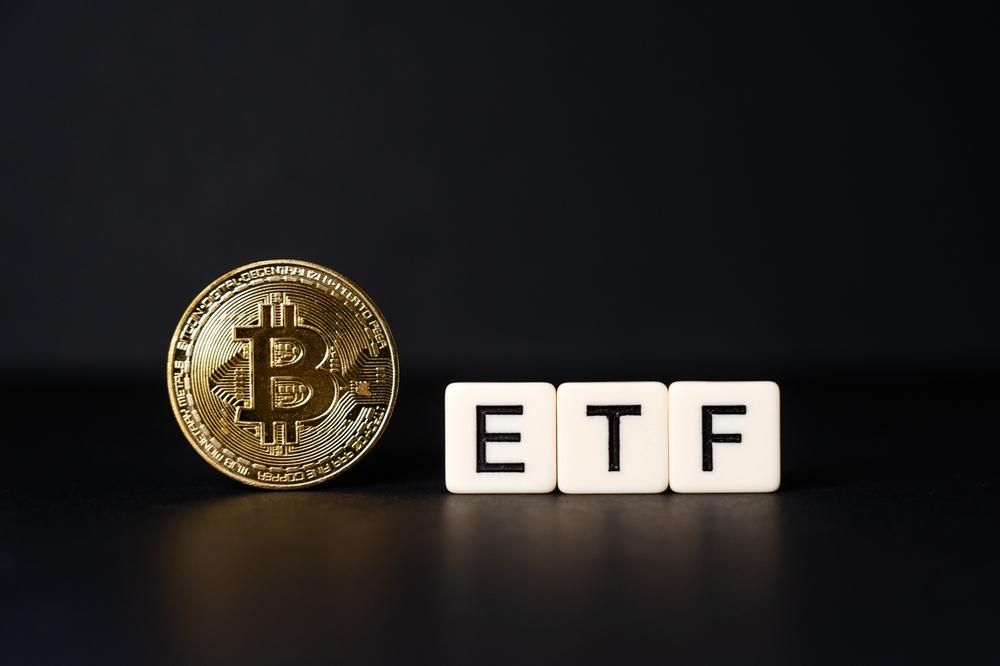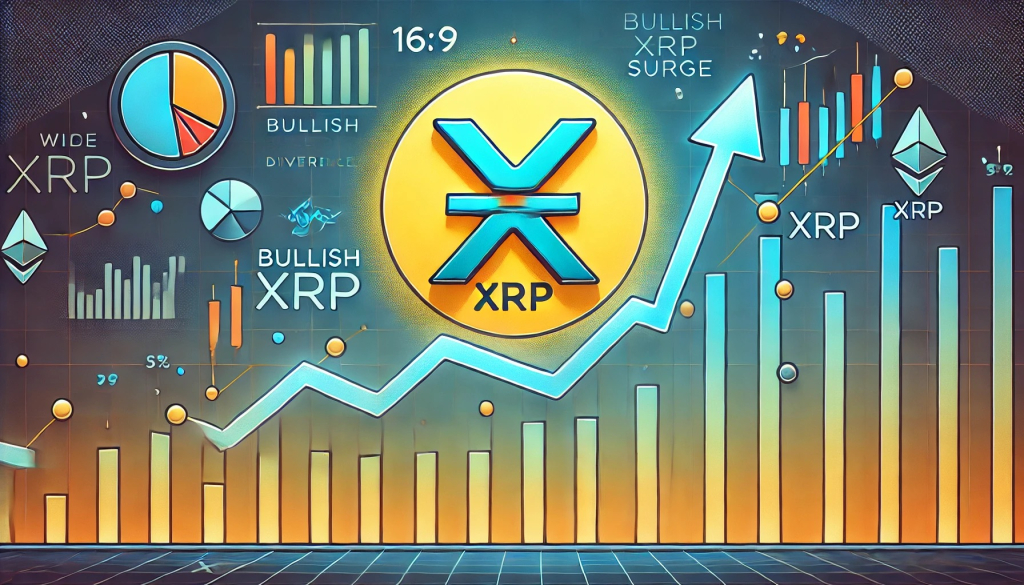The GENIUS Act’s restriction on stablecoin issuers paying interest directly to holders was meant to prevent competition with traditional banks. However, it has unintentionally created a lucrative opportunity for crypto exchanges and fintech platforms. While issuers like Circle or Tether cannot pay yield to users, the law doesn’t stop third parties—such as exchanges—from offering rewards funded by the issuers’ reserve earnings.
This loophole enables platforms like Coinbase to receive a share of the yield generated from reserve assets such as U.S. Treasury Bills and offer users attractive returns—up to 4.1% APY on stablecoins like USDC and USDT. This structure allows fintech distributors to act as intermediaries, monetizing the yield while staying compliant with the law. The result is a win-win: exchanges attract more users, while issuers maintain compliance without offering interest directly.
Banks, however, are raising alarms. The Banking Policy Institute has urged Congress to close the gap, warning of large-scale deposit outflows as consumers shift to higher-yielding digital assets. The Treasury Department estimates stablecoins could drain as much as $6.6 trillion from traditional deposits—undermining banks’ ability to fund loans and maintain liquidity.
This scenario echoes the aftermath of the 2011 Durbin Amendment, which capped interchange fees for large banks but exempted smaller ones. Fintechs like Chime and Cash App partnered with small, exempt banks to share revenue and launch innovative, fee-free products. Similarly, exchanges now leverage stablecoin yields to build powerful new financial ecosystems.
Whether banks push for tighter laws or adapt to the evolving digital economy, the GENIUS Act loophole marks a turning point. It underscores how innovation often finds its path—not through regulation, but through the gaps between them.
























Comment 0